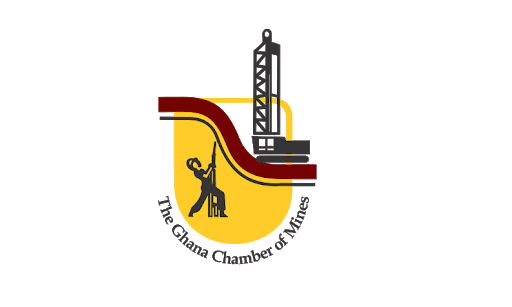The Ghana Chamber of Mines has convened stakeholders to develop a standardised framework for land acquisition, utilisation, and compensation in the mining sector, addressing decades of disputes that have delayed projects and strained relationships between investors and host communities.
The consultative meeting held Tuesday in Accra brought together regulators, mining firms, traditional authorities, and community representatives to tackle challenges that have turned land negotiations into prolonged battles. It’s a move that could reshape how Ghana’s mining sector interacts with the thousands of people whose land sits atop mineral deposits.
Mr. Ahmed Dasana Nantogmah, Chief Operating Officer of the Chamber, explained that the initiative responds to evolving realities on the ground. Mining requires vast tracts of land, and that land belongs to people who are increasingly sophisticated in their negotiations and protective of their rights.
“We want a simplified and transparent system where investors, communities, and regulators all understand the expectations and processes involved,” he said during the session.
The landscape has shifted dramatically from earlier decades when the state managed most land acquisition processes. Today, private ownership dominates, and landowners come to negotiating tables better informed and more assertive about their interests. This heightened awareness, while positive for community empowerment, has made negotiations more complex and sometimes contentious.
Speculative land practices and inconsistent compensation rates have historically bred mistrust and spawned legal disputes that can tie up mining projects for years. Mr. Nantogmah argued that a harmonised system would create fairer outcomes and reduce the adversarial nature of these encounters.
“If communities know how compensation is calculated and the standard rates for crops or properties, they approach negotiations with goodwill,” he noted. “Without transparency, it becomes a tug of war, with both sides feeling shortchanged.”
The proposed framework will establish uniform guidelines for crop compensation, housing resettlement, and land valuation, with clear definitions of acceptable resettlement standards. There’s recognition that displaced families deserve dignity in their new homes, even if luxury isn’t promised.
“We are not promising luxury homes, but no resettlement house should fall below a nationally accepted standard,” Mr. Nantogmah said, citing bathrooms with proper plumbing, ceiling fans, and adequate ventilation as essential amenities rather than optional extras.
The Chamber is engaging relevant government agencies, including the Town and Country Planning Department, to ensure alignment with national development policies. This coordination with the Ministry of Lands and Natural Resources signals an intention to make the framework more than just industry guidance but potentially a foundation for broader legislative reforms.
The framework remains in development stages, but it’s expected to serve as a guiding document for future negotiations and could inform how Parliament approaches mining legislation. That legislative angle matters because Ghana’s mining laws have faced criticism for gaps in community protection and compensation procedures.
Mr. Nantogmah emphasized that the Chamber remains committed to continued engagement with affected communities and local authorities. The goal is ensuring that future mining projects don’t repeat the compensation mistakes that have marred relations in some mining areas over the years.
“This is about creating a fair, transparent, and sustainable system that benefits everyone involved,” he said.
One innovative aspect under consideration involves zoning mechanisms that would ensure compensation rates accurately reflect the agricultural and economic value of specific areas. A farmer cultivating cocoa or oil palm in fertile soil would receive compensation that recognizes the land’s productivity, rather than a blanket rate applied uniformly across different terrains and crops.
This approach could promote consistency and equity across regions while acknowledging that not all land holds the same economic value. It might also reduce the temptation for speculative practices where landowners inflate values or mining companies lowball offers.
The initiative forms part of the Chamber’s broader effort to foster responsible mining practices, strengthen community relations, and enhance Ghana’s investment climate in the extractive sector. With gold production projected to remain robust and new mines coming online, getting the land acquisition framework right could prevent conflicts that have plagued some operations.
For mining companies, clearer rules mean fewer delays and legal battles. For communities, it promises fairer treatment and compensation that genuinely reflects what they’re giving up when mining trucks roll in and extraction begins.
Whether the framework achieves its ambitious goals will depend on implementation, enforcement, and whether all parties genuinely commit to the transparency it promises. But the fact that traditional authorities, community representatives, and mining firms are sitting at the same table discussing these issues represents progress in itself.
Source: newsghana.com.gh











